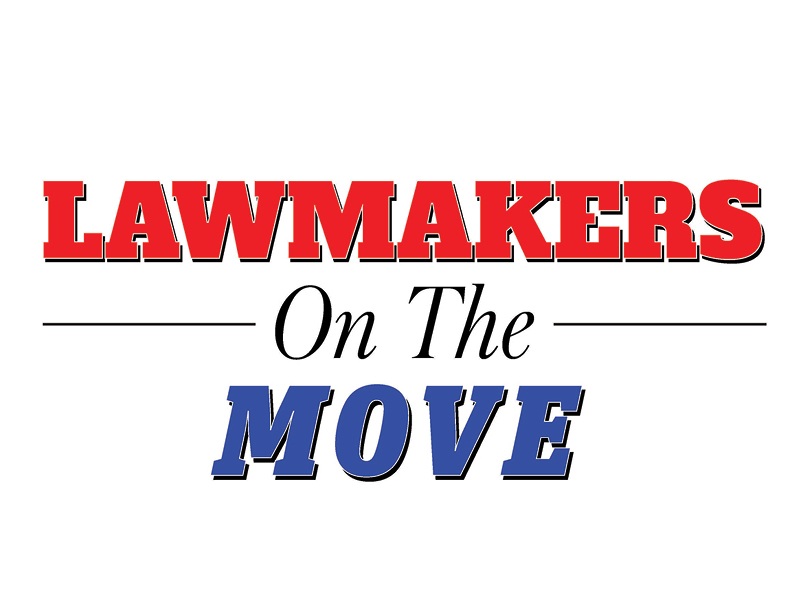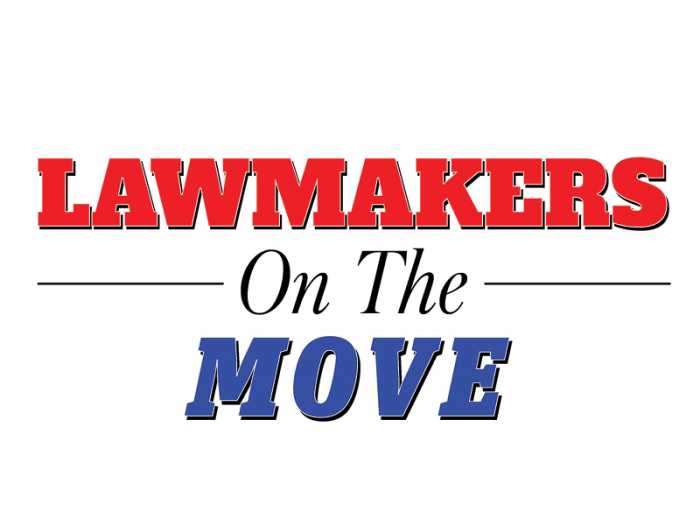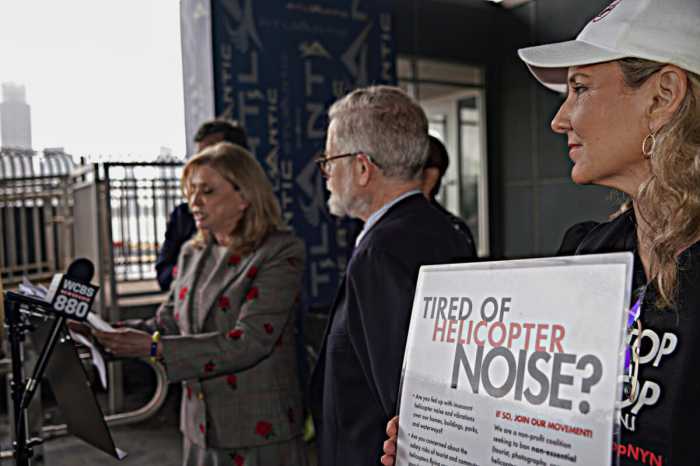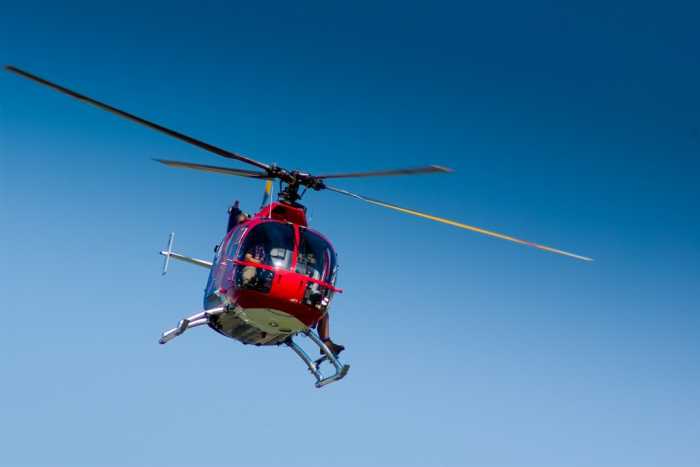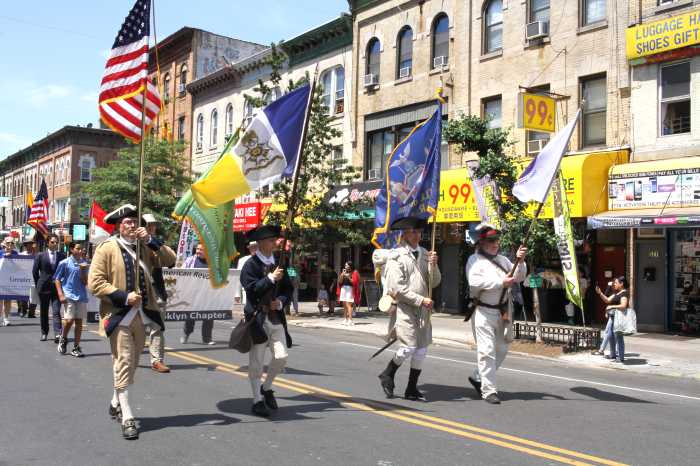Addabbo legislation addressing helicopters flying over local nabes passes senate
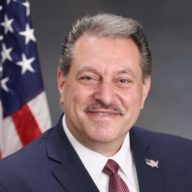
State Senator Joseph P. Addabbo, Jr. (D-Queens) on Friday saw the senate pass his legislation addressing unreasonable disruptions caused by helicopters.
In 2020, helicopter complaints more than doubled in New York City, and in the first nine months of 2021, the city received 17,733 complaints regarding helicopter noise. Working from home, enjoying outdoor activities, or creating a quiet environment for young children to nap, are all difficult, if not impossible, tasks due to high-decibel noise and vibrations caused by non-essential helicopter use.
“I’m hopeful that if this bill ever becomes law that my constituents will get some much-needed relief from the growing helicopter traffic in their communities,” Addabbo said. “As I previously stated, the federal government, namely the Federal Aviation Administration (FAA), handles most of the responsibility to regulate aircraft so it’s encouraging that this Senate action will address unreasonable and disruptive helicopter traffic while also dealing with the environmental threat it poses.”
The bill creates a right of action against any person who creates an unreasonable level of sustained noise at ground level from a helicopter. Additionally, it bans non-essential heliport use and restricts helicopter use through the Hudson River Park
CM Ung, Caban, Joseph & Lee Introduce Bill Requiring DHS to Study Use of CBO’s as Shelter Intake Centers




City Council Members Sandra Ung (D-Queens), Tiffany Caban (D-Queens), Rita Joseph (D-Brooklyn) and Linda Lee (D-Queens) last week introduced legislation in the City Council that would require the Department of Homeless Services to prepare a report on the feasibility of partnering with community-based nonprofit organizations to accept and process applications for shelter intake from families with children.
Currently, families in need of emergency shelter must travel to the Prevention Assistance and Temporary Housing (PATH) intake center Bronx, the only location that processes families with young children. Final approval for placement in the city’s shelter system often requires multiple trips for applicants.
However, the first stop for many families on the verge of homelessness is not PATH, but local nonprofit organizations working directly within the community. They often assist in the preparation of the application and completing the process, and in some cases arrange for or even provide transportation to PATH. These community-based organizations are not only trusted institutions within the community, but also provide culturally competent and in-language services that support immigrant communities.
The report required by Intro. No. 513 would identify any barriers to allowing community-based organizations to serve as intake shelters and solutions to address them; any training requirements to implement such a program; and issues related to accessing necessary databases and procedures regarding confidentiality and data privacy.
“Operating just one family intake center in the Bronx to serve all five boroughs is an unnecessary obstacle for families entering the shelter system,” said Ung. “Homelessness is always a hardship, but facing it while also caring for young kids is an enormous burden. We should not add to that struggle by making these families travel long distances just to apply for help. DHS should partner with local nonprofits and community organizations and authorize them to serve as intake centers. These groups are often the first people in contact with families in need, and they should be able to process their paperwork so they can get help as soon as possible.”
“When I was a public school teacher, I saw first-hand how many obstacle families in shelters face,” said Joseph. “The city must be better at alleviating the challenges our unhoused neighbors experience. DHS operating just one family intake center in the entirety of the city is a burdensome and unnecessary challenge for families entering the shelter system. The city needs to authorize local nonprofits and community-based organizations to serve as intake centers, because these groups have on-the-ground experience helping neighbors in crisis in a timely and thoughtful manner.”
“The application process for emergency shelter is difficult enough, and families can’t afford to travel to the only one intake facility in the Bronx to get it,” said Council Member Linda Lee, Vice co-chair of the Black, Latino, and Asian Caucus. “This is an unnecessary burden in an already exhausting process that ultimately impacts parents and children. Having local community-based organizations serve as intake centers will help families avoid long-distance travel, and create an avenue for our immigrant communities to receive culturally-competent assistance during the application process.”
If passed, the legislation requires delivery of the report to the Mayor and Speaker of the City Council by no later than September 30, 2022.
QBP Richards, Queens Borough Board hear from new NYPD Queens South Commander
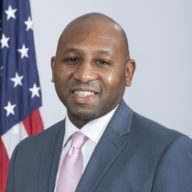
Queens Borough President Donovan Richards and the Queens Borough Board today will hold a virtual meeting with Deputy Chief Kevin A. Williams, the newly appointed Commanding Officer for NYPD’s Patrol Borough Queens South.
In this position, Chief Williams oversees the 100th, 101st, 102nd, 103rd, 105th, 106th, 107th and 113th Precincts in southern Queens.
Chief Williams will discuss the overall safety plans for Patrol Borough Queens South, emphasizing the NYPD’s summer deployments and its plans to protect quality-of-life.
The meeting will also include a Borough Board vote on a proposed non-binding resolution that calls for the landlords of existing and new apartment residential units to transition to a smoke-free apartment policy.
This meeting will be conducted virtually with Borough Board members participating via videoconference.
The meeting is slated for 5:30 p.m., today, June 6. It will also be live-streamed to the public on the Borough President’s website at www.queensbp.org.
Gianaris puppy mill pipeline legislation passes senate, assembly

Senate Deputy Leader Michael Gianaris (D-Queens) issued the following statement following the State Assembly voting to pass his legislation (S.1130/A.4283) last week to shut down the puppy mill to pet store pipeline by banning the retail sale of animals in New York pet stores, cutting off one of the largest markets in the nation for animals bred for retail sale.
The bill, which passed the Senate earlier this year, now goes to the Governor for her signature.
“With so many good animals in need of rescue, there is no need for abusive puppy mills to supply pet stores,” said Gianaris. “Our four-legged companions should be treated with respect, not like commodities. I am proud to have authored this important bill and thrilled to see it pass the Legislature. And now I am hopeful Governor Hochul will sign it into law. Thanks to Assembly Member Rosenthal for her partnership and all the advocates who made this possible.”
Most of the animals available for sale in pet stores come from notorious dog, cat and bunny mills, which are known to be inhumane. Offspring of mill animals often have congenital issues resulting from poor breeding and can cost families thousands of dollars in veterinary care.
Pet breeders and stores are loosely regulated under the Animal Welfare Act by the United States Department of Agriculture (USDA). Recent investigations revealed, however, that under the Trump administration, USDA inspectors have been less aggressive in enforcing these regulations. In addition, the USDA is issuing fewer serious violations that would ordinarily trigger swift follow-up by the agency.
According to the New York State Department of Agriculture and Markets, the state agency tasked with regulating pet dealers, there are approximately 80 pet stores registered throughout the state.


